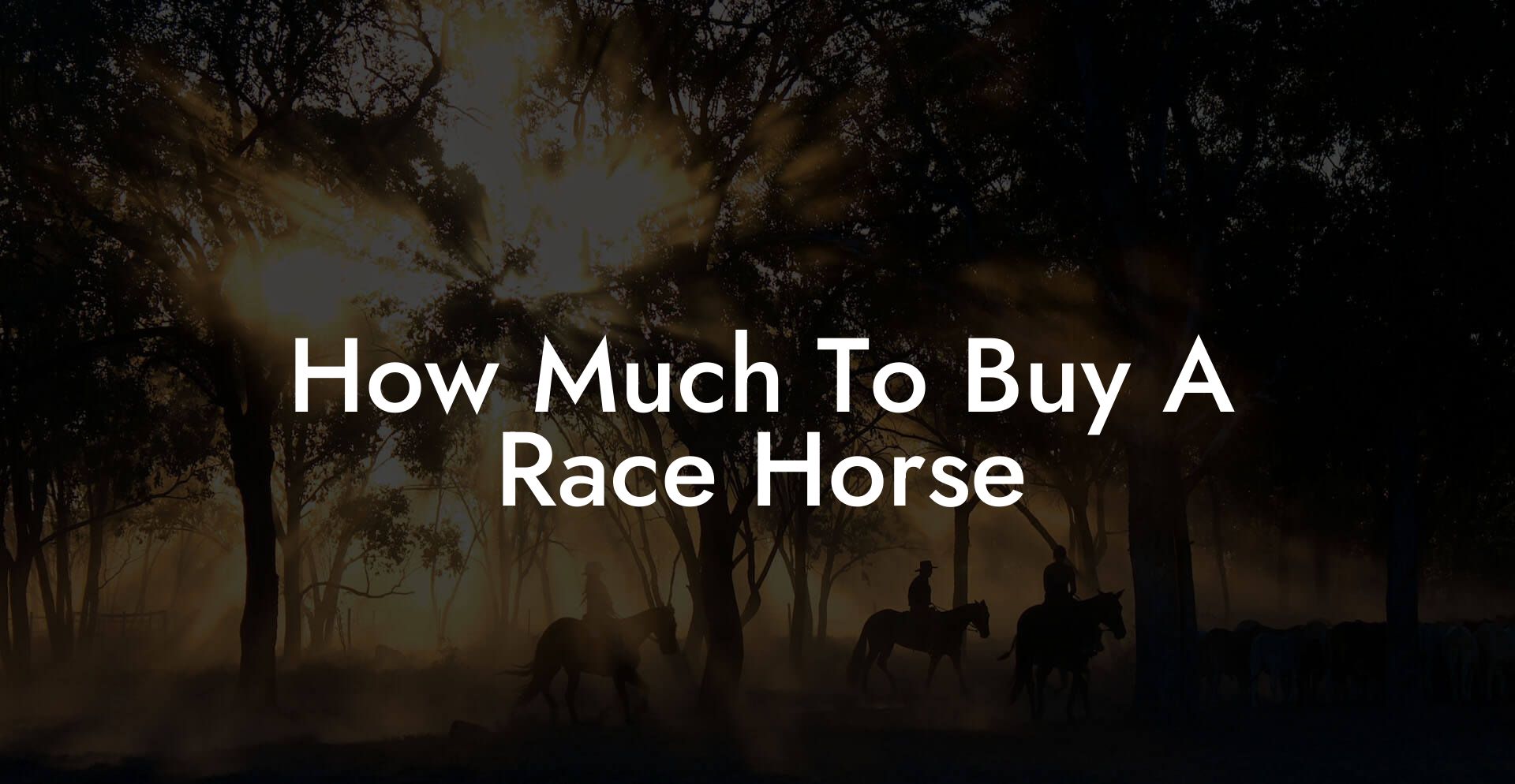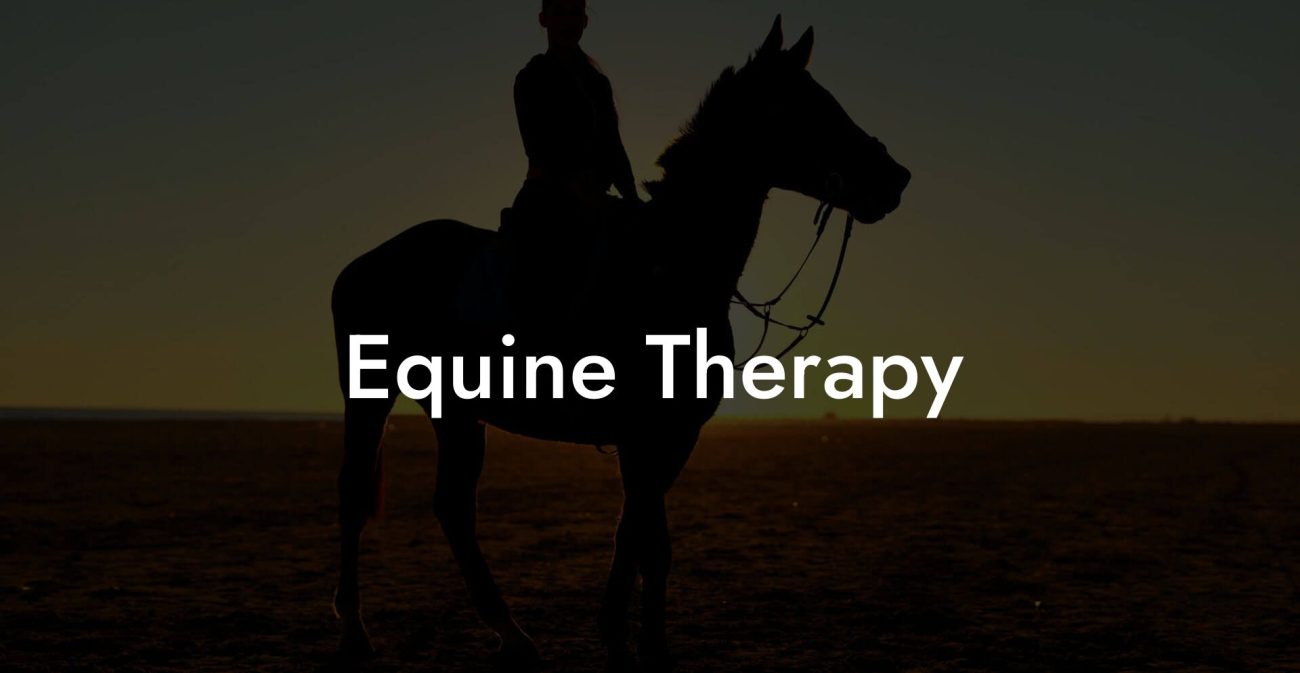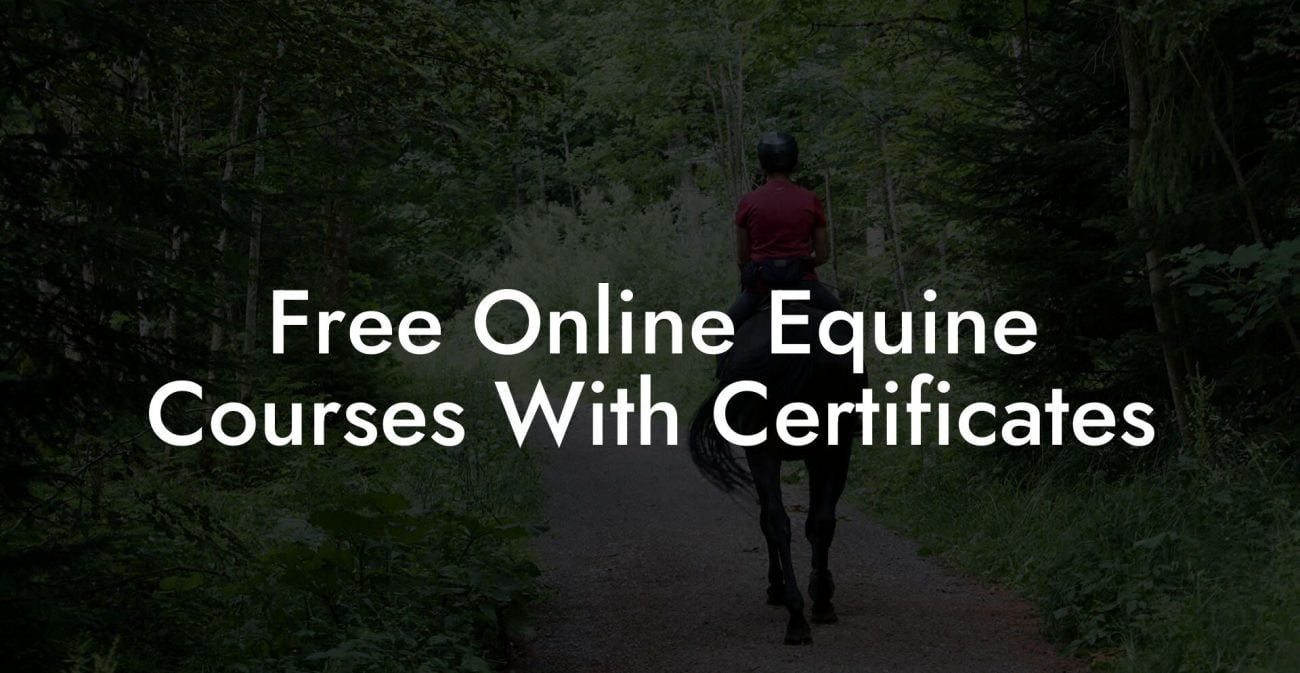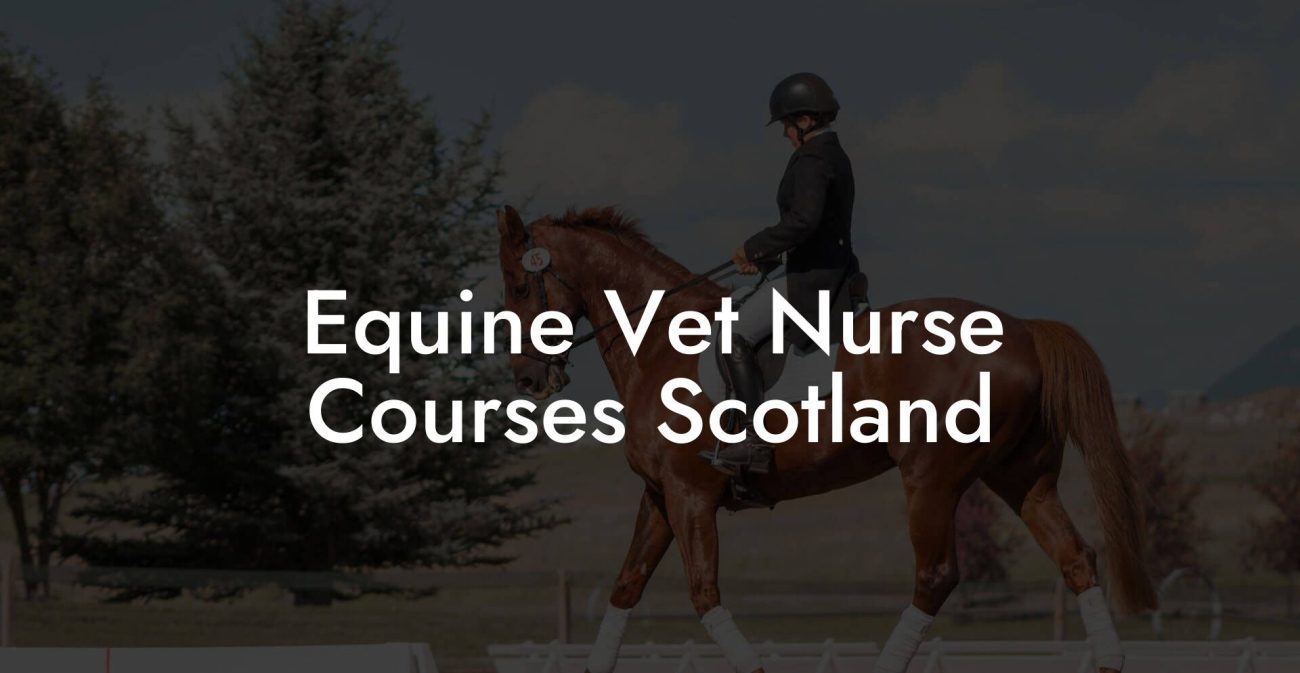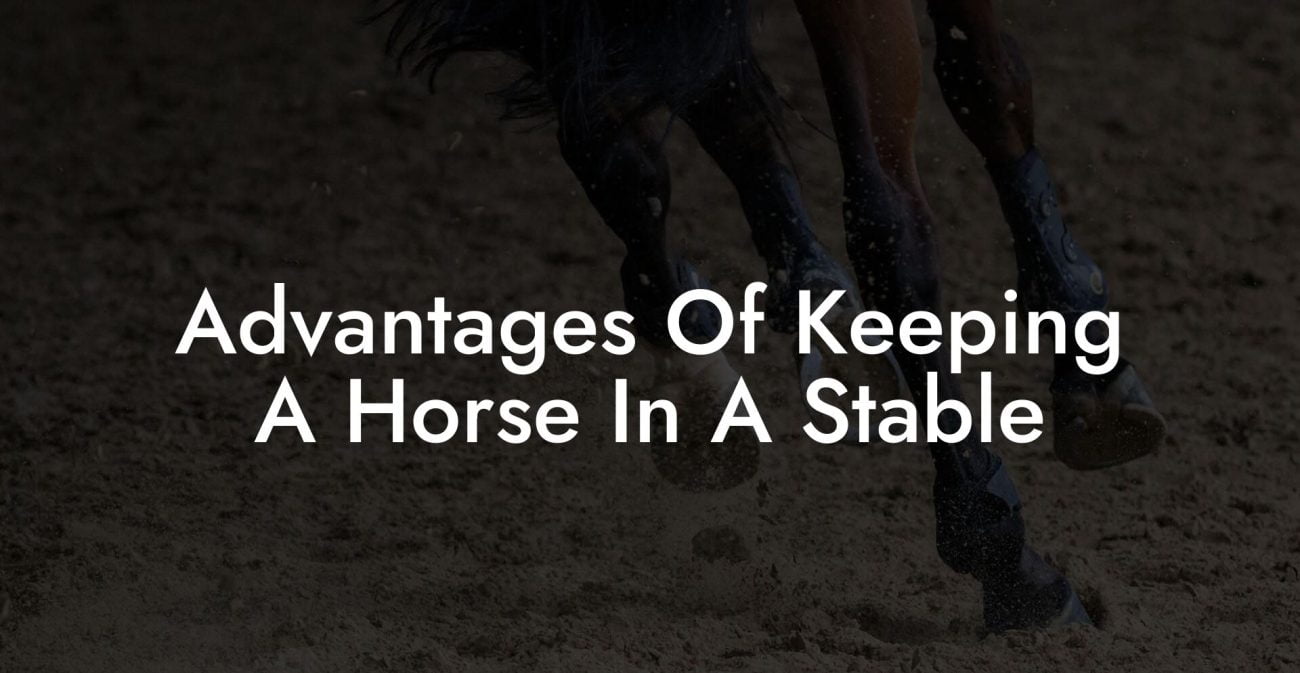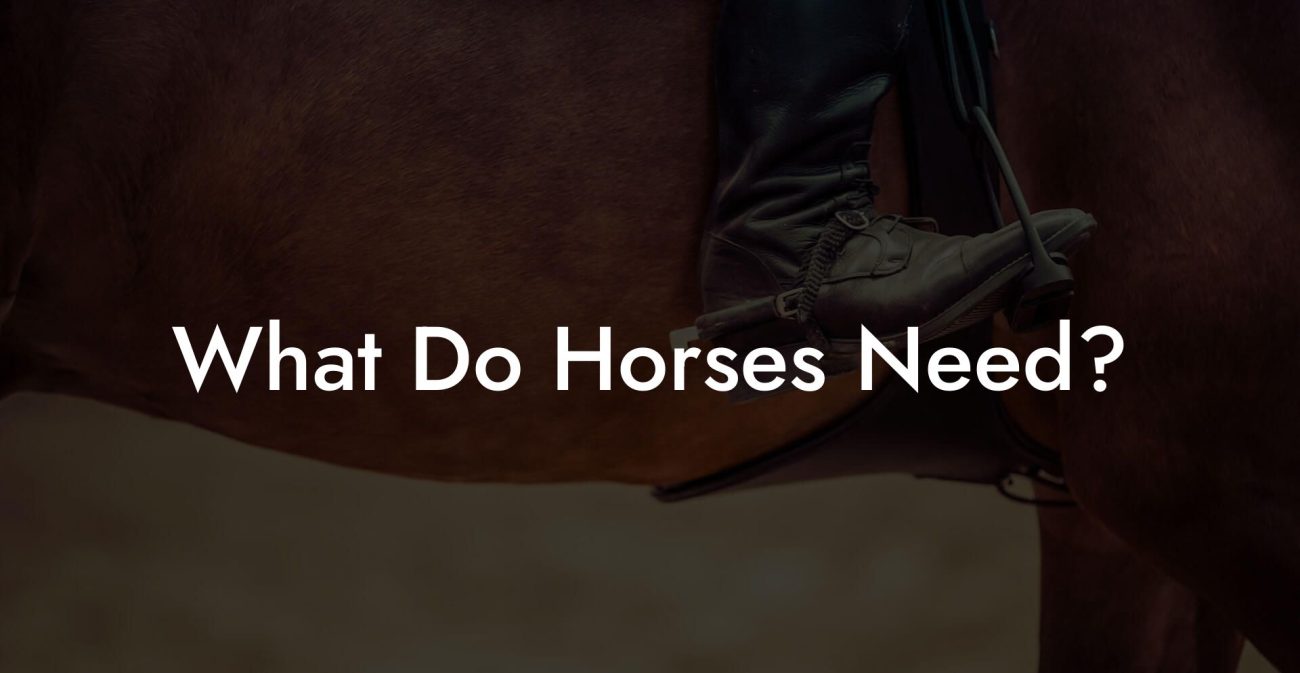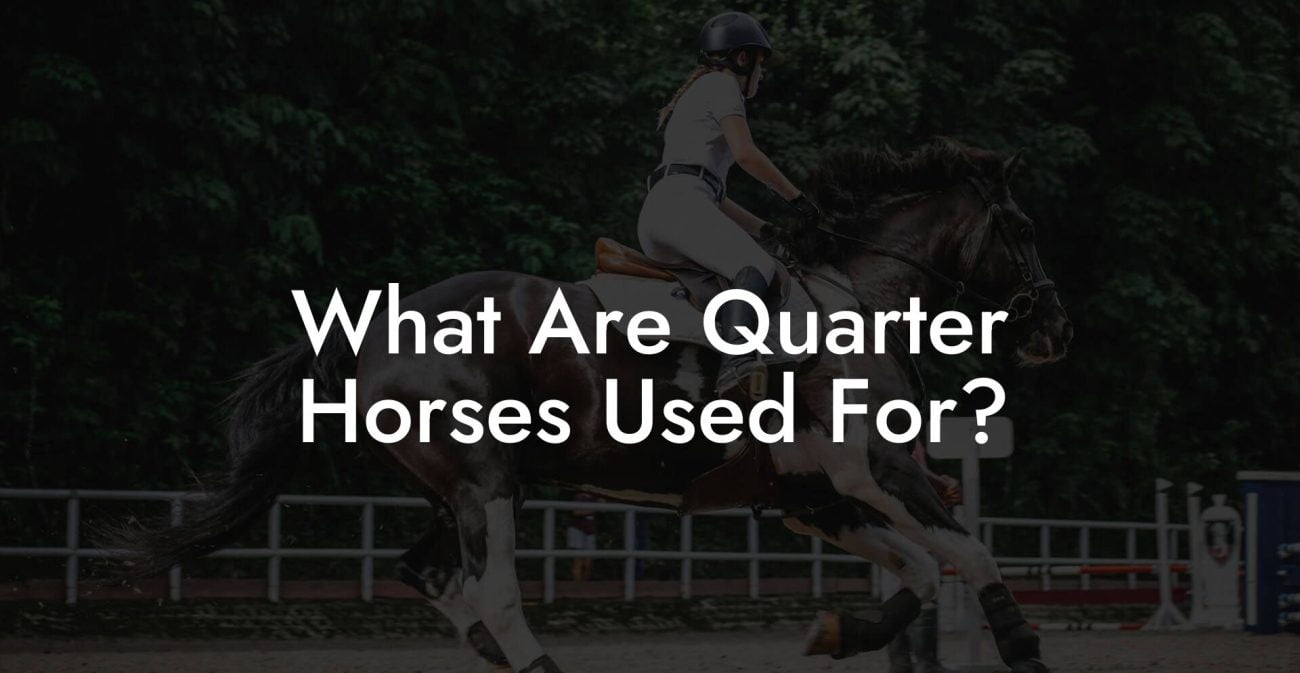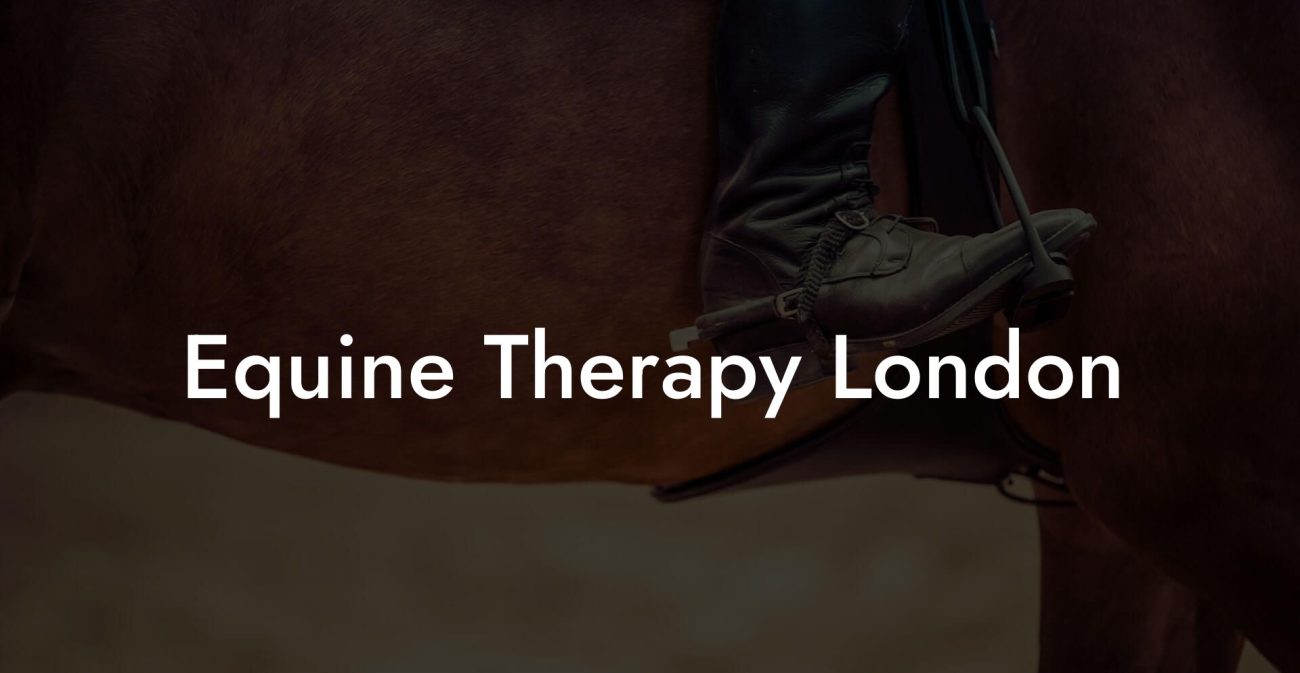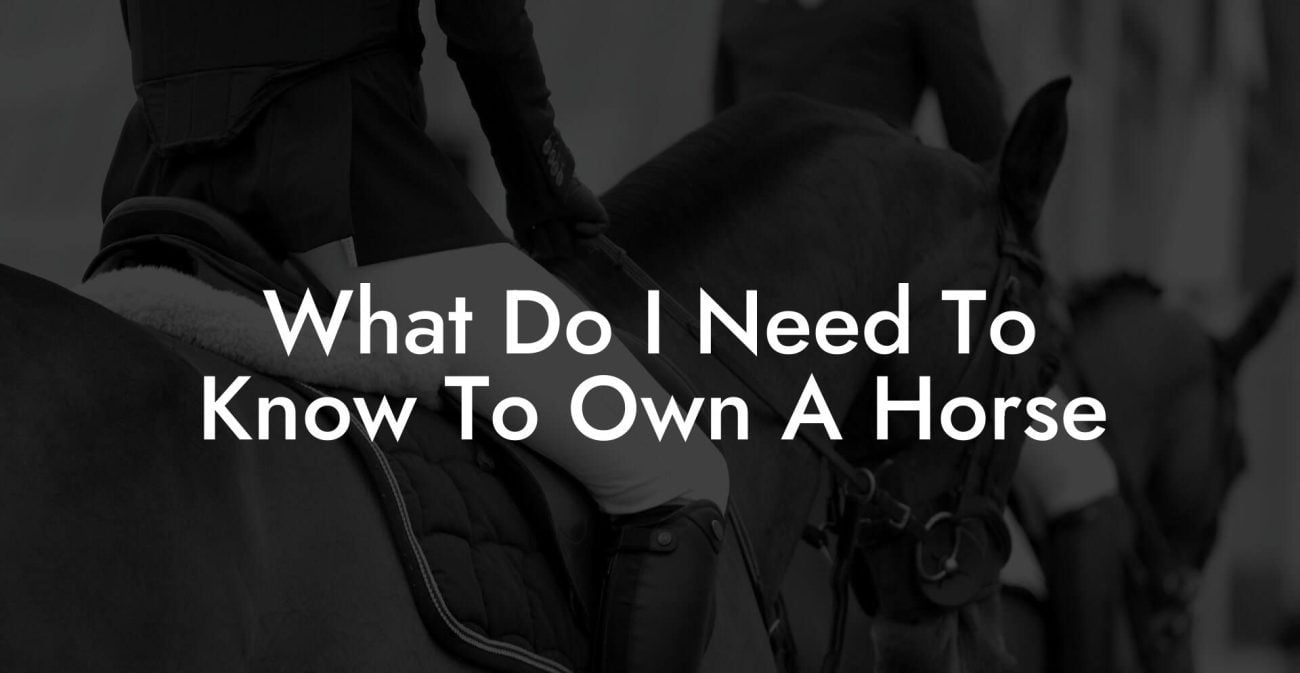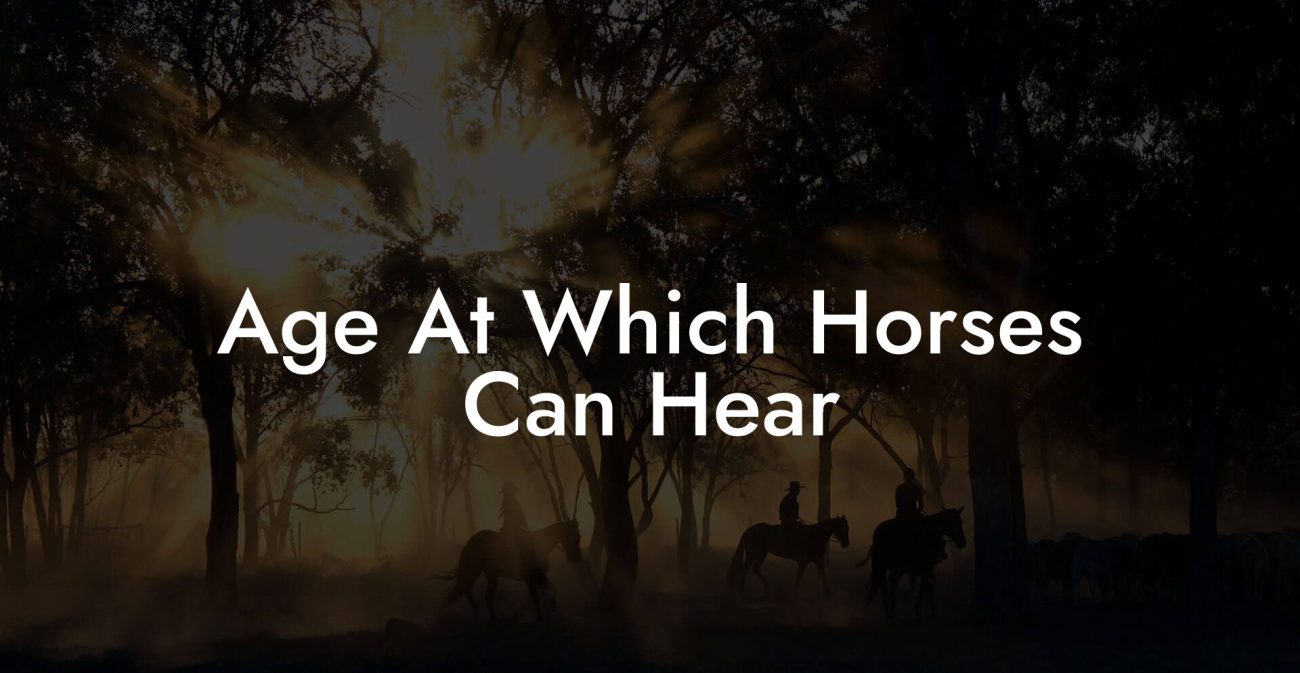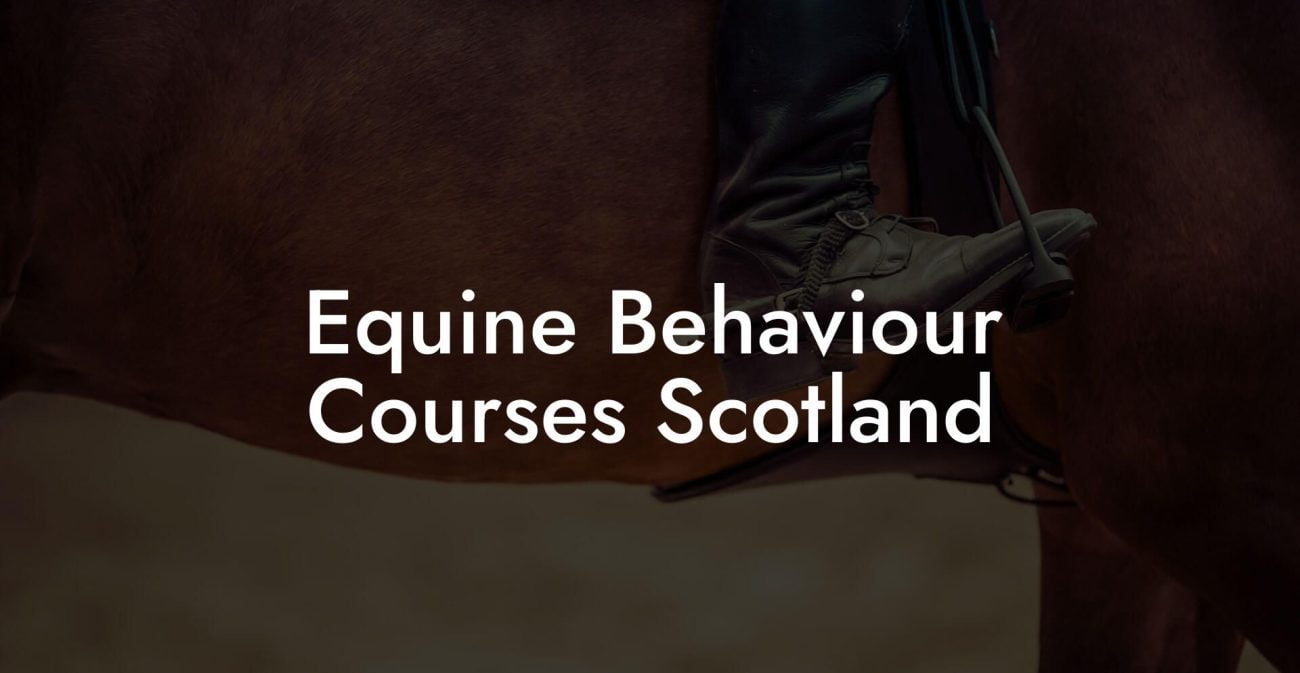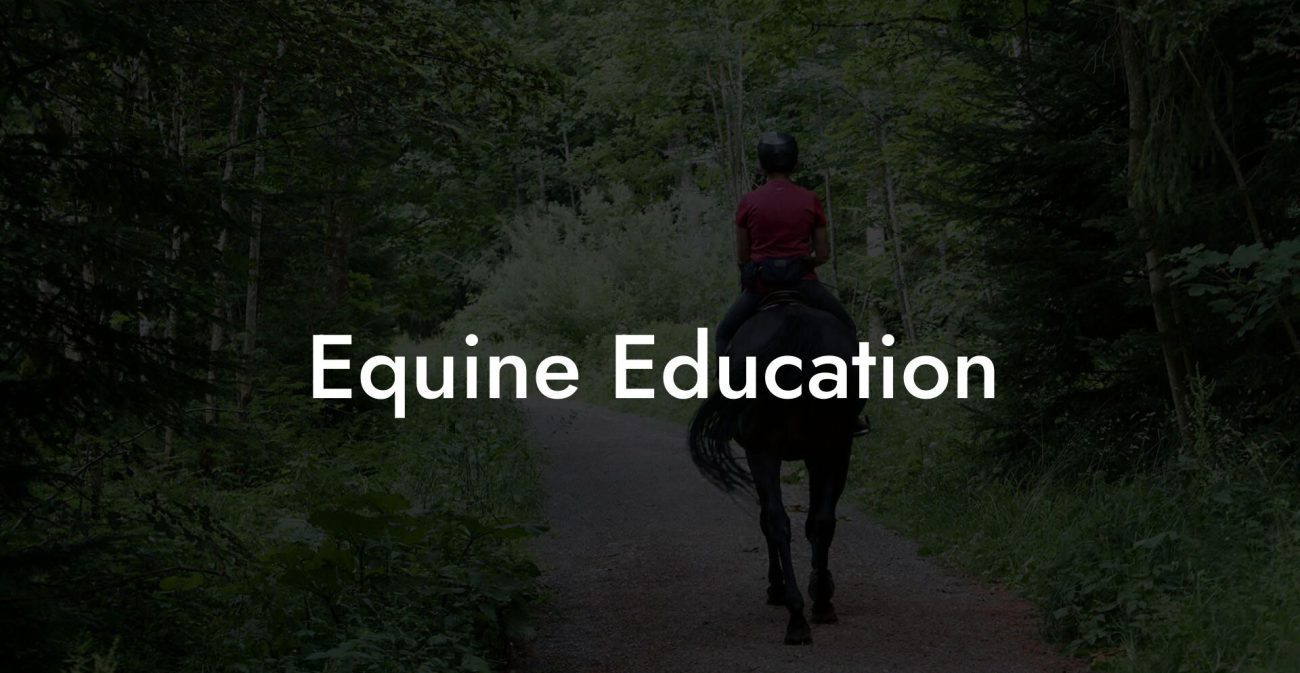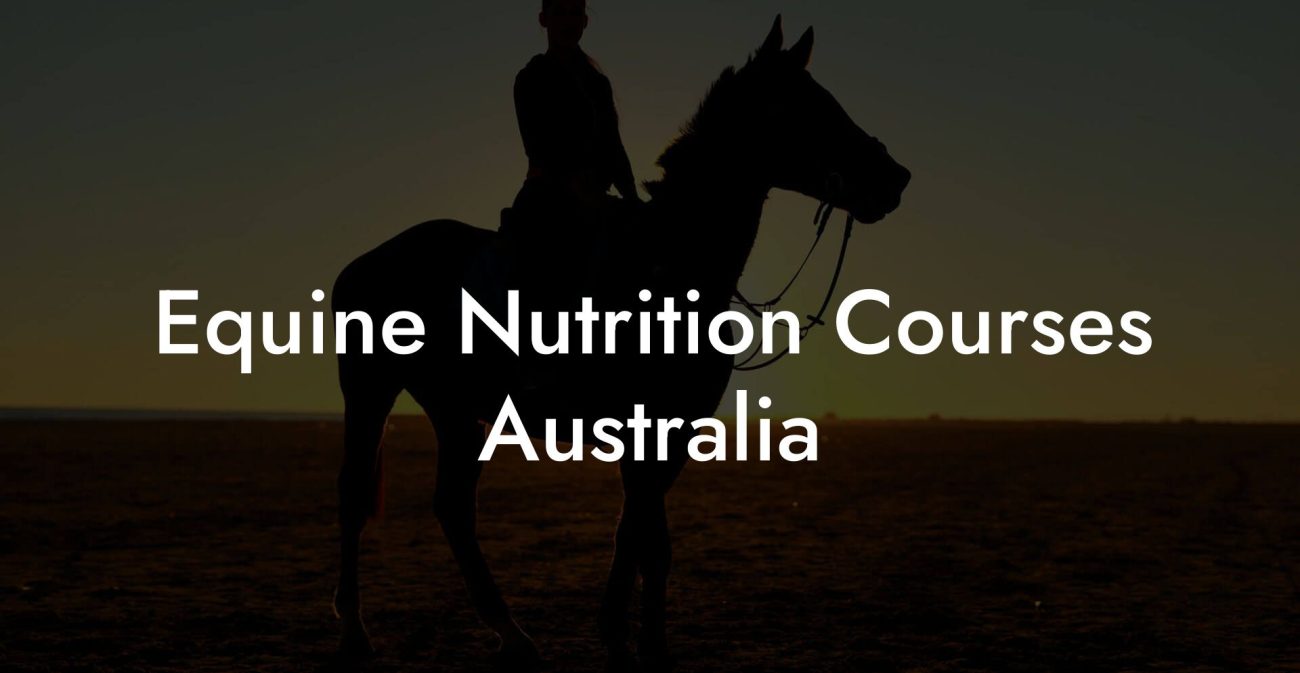Buckle up, because diving into the world of racehorse ownership is nothing short of an adrenaline-fueled roller coaster ride through gilded stables, high-stakes auctions, and a labyrinth of costs that might just redefine your understanding of “investment.” Whether you're a Gen-Z dreamer or a millennial with a penchant for adventure (and occasionally questionable financial decisions), this guide is your in-depth passport to deciphering the true costs of buying a race horse, from purchase price to maintenance, training, and everything in between.
Quick Links to Useful Sections
- Decoding the Price Tag: What Determines the Cost of a Race Horse?
- Initial Investment: The Upfront Costs That Set the Stage
- Maintenance & Upkeep: The Real Costs Behind the Scenes
- Training, Upgrades, and Future Value: Investing in Performance
- Risks and Rewards: The Thrills of the Racehorse Investment Game
- The Buying Process: Steps Toward Racehorse Ownership
- Step 1: Research and Networking
- Step 2: Identifying Your Goals
- Step 3: The Auction and Sale Process
- Step 4: Due Diligence and Vetting
- Step 5: Closing the Deal
- The Art of Caring for Your Race Horse: From grooming to Greatness
- Real-Life Winning Stories: Case Studies in Racehorse Ownership
- Case Study 1: From the Stable to the Winner’s Circle
- Case Study 2: The Syndicate Strategy, Sharing the Dream
- Case Study 3: A Cinderella Story in the Making
- Tips for Thriving in the Racehorse Community
- Resources and Community Support: Your Next Steps
- The Future of Racehorse Ownership: Trends and Innovations
- Your Roadmap to Empowered Racehorse Ownership
- FAQs About Racehorse Ownership and Costs
- Your Journey to a Winning Life on the Racetrack
Decoding the Price Tag: What Determines the Cost of a Race Horse?
When it comes to buying a race horse, the sticker price isn’t the only dollar sign you need to worry about, it’s just the tip of the iceberg. The cost of owning a champion thoroughbred can be as multifaceted as the horses themselves. With factors ranging from pedigree and breeding to training level and racing potential, understanding the variables at play is critical.
First and foremost, a horse’s lineage is king. The better the bloodlines, the higher the potential resale value and racetrack performance. A well-bred animal from champion sires and broodmares might command a six-figure sum or more in the auction barn. But pedigree is only the beginning, the current form, training background, and even the quirks in a horse’s behavior can have a significant impact on its valuation.
In today’s digital age, where Gen Z and millennials are known for their intense research before commitment, diving into a horse’s racing history (or lack thereof) is essential. Look for data on past performance, speed figures, and any medical history that might come into play. With the rise of smart analytics in the equine industry, expect a flood of statistical data that can make the difference between a sound investment and a costly misadventure.
Initial Investment: The Upfront Costs That Set the Stage
Let’s break it down: the initial purchase price of a race horse can vary dramatically, anywhere from tens of thousands to millions of dollars. Several variables factor into this initial investment:
- Pedigree and Bloodlines: Top-notch breeding does not come cheap. Horses descended from champion sires and renowned broodmares typically cost more due to their genetic legacy.
- Age and Training: A yearling with raw potential might be cheaper than a proven two-year-old in training who has already shown flashes of brilliance on the track.
- Market Trends: The equine market ebbs and flows like any investment. Economic factors, racing results, and even social media buzz can influence prices.
- health and Conformation: A horse with a clean bill of health, and excellent physical conformation, tends to fetch a higher price.
For many enthusiasts, the acquisition phase is a thrilling leap of faith. Picture being at a high-energy auction, paddock filled with shimmering potential and whispers of fortune, where each bid is a mix of calculated risk and gut instinct. While the financial outlay might seem steep, the magic of owning a race horse isn’t only about raw numbers, it’s about joining an exclusive club where passion meets performance.
Maintenance & Upkeep: The Real Costs Behind the Scenes
If you think the purchase price is all that matters, think again. Owning a race horse is a 24/7, year-round commitment that goes well beyond the initial price tag. Maintenance costs include a wide array of expenses that can add up faster than a speeding stallion.
Boarding: Horses need proper stabling, and premium boarding facilities with top-tier care can be a significant monthly expense. The cost often depends on location, amenities, and, of course, the stability’s reputation within the racing community.
Feeding & nutrition: Just as you wouldn’t survive on instant noodles, a race horse requires a carefully balanced diet designed to fuel high-intensity performance. Specialized feeds, supplements, and occasional treats ensure that your equine athlete remains in peak condition.
Training Fees: High-performance trainers aren’t inexpensive. Regular training sessions, specialized conditioning programs, and even personalized coaching sessions are vital investments. These experts fine-tune your horse’s strength, agility, and endurance, turning raw talent into winning performance.
Veterinary & Farrier Care: Maintaining optimal health means routine check-ups, vaccinations, dental care, and hoof maintenance provided by professional farriers and veterinarians. One minor oversight can lead to discomfort, or worse, costly medical issues.
Insurance: Racing is risky business. Insurance policies, both for healthcare and potential losses, add another layer of expense. While not a direct cost of ownership, they are an essential protective measure against unforeseen setbacks.
Together, these ongoing costs combine into an operational budget that can rival the initial purchase price over time. Understanding and planning for these expenses is as crucial as the initial investment. After all, a race horse is a living, breathing asset that needs constant care and attention.
Training, Upgrades, and Future Value: Investing in Performance
Investment savvy isn’t just about the upfront cost and maintenance, it’s about the visionary training and upgrades that can skyrocket a race horse’s value. Think of it as taking a vintage car and giving it a turbo boost performance makeover.
Customized Training Programs: When your horse is enrolled in a tailored training regimen, every session becomes an investment in its future racing potential. From sprint drills to endurance runs, each workout is a step toward transforming raw talent into competitive excellence.
Performance Analytics: In today’s tech-savvy world, data is king. Modern training facilities use advanced performance tracking technologies, ranging from GPS sensors to heart rate monitors, that provide real-time feedback and insights. These high-tech upgrades allow owners to monitor a horse’s progress and adjust training regimens as needed.
Physical Upkeep & Recovery: Recovery is as vital as training. Investments in specialized therapies for recovery and rehabilitation (think equine physiotherapy, hydrotherapy, and massage) can accelerate healing and enhance performance longevity.
Return on Investment (ROI): A well-trained race horse has the potential to generate significant returns, both on the racetrack and through breeding and syndication opportunities. Winning races brings prize money, and a successful racing career can open lucrative post-race opportunities.
Recognize that each additional dollar spent on a targeted training program or state-of-the-art monitoring system isn’t an added cost, it’s an active step to enhance your horse’s performance, reputation, and, ultimately, its market value.
Risks and Rewards: The Thrills of the Racehorse Investment Game
Let’s hit the nitro button: owning a race horse is as exhilarating as it is unpredictable. For every incredible win and heart-pounding finish, there’s an inherent risk. The volatile nature of racing means that even the best-trained horses can have off days, sometimes due to uncontrollable circumstances such as injuries or even, dare we say, a shift in the tide of luck.
The High Stakes of Racing: If you’ve ever watched a nail-biting race, you know that second-by-second decisions can change the outcome. When you own a race horse, you’re not just cheering from the sidelines, you’re emotionally and financially invested in those split-second moments of glory or defeat.
Mitigating Risks: Savvy owners mitigate risk by diversifying their investments. Many choose to spread the cost across multiple horses, invest in partnerships, or join racing syndicates, allowing them to share both the expense and the glory.
Rewarding Triumphs: The rewards, however, can be extraordinarily gratifying. A victory on the track can lead to bonus prize money, an increase in market value, and ultimately, the prestige that comes with owning a champion. Even if your horse isn’t a top finisher today, a few well-placed races can pave the way for a bright future in the breeding shed.
The thrill of the race and the financial risks involved create a high-octane mix that’s both challenging and immensely rewarding. Just like a memorable startup pivot or a viral social media campaign, success in the equine world is unpredictable, but when it happens, it’s a game-changer.
The Buying Process: Steps Toward Racehorse Ownership
Navigating the process of purchasing a race horse can feel like trying to decode your favorite cryptic meme, full of insider terminology, hidden layers, and plenty of “wait, what?” moments. But fear not; we're breaking down the steps needed to transform you from a curious enthusiast into a savvy racehorse owner.
Step 1: Research and Networking
Before you even set foot in an auction ring or stable, you need to become a student of the game. Immerse yourself in equine publications, industry blogs, and even social media groups where passionate enthusiasts and experts share the latest trends. Attend local race meetings and auctions, and don’t be afraid to ask questions. Consider this your “scouting” phase, like researching the best influencers on Instagram before launching your product.
Step 2: Identifying Your Goals
Are you in this for the thrill of the race, breeding potential, or even as a hobby that might pay off big time? Defining your objectives not only shapes your budget but also guides you in selecting a horse that matches your risk tolerance, passion, and long-term plans. A clear vision helps ensure that every dollar spent aligns with your personal and financial goals.
Step 3: The Auction and Sale Process
When it’s time to place a bid, be prepared with a strategy. Auction houses and private sales can be intensely competitive environments. Familiarize yourself with bidding strategies, maintain a clear maximum price in your mind, and don’t let the adrenaline of the moment push you into overspending. Remember, even if you miss out on one star, there are plenty more jockeys in the stable.
Step 4: Due Diligence and Vetting
Once you zero in on your candidate, it’s time for due diligence. Arrange for a veterinary inspection and request a full history of the horse’s racing record and medical background. A knowledgeable vet can help you spot any red flags or opportunities for improvement that might not be apparent in the auction pamphlet.
Step 5: Closing the Deal
When all signs point to a go, finalize the transaction with all the necessary paperwork and financial arrangements in place. This is the moment where fantasy meets reality, your dream of owning a racehorse becomes tangible. Make sure you understand every bit of the contract, and if needed, consult a legal expert in equine transactions.
Following these steps diligently ensures that your journey into racehorse ownership is as smooth as a well-oiled machine (or a perfectly trotting thoroughbred). This is not just a purchase; it’s a declaration of your commitment to an exhilarating, high-stakes lifestyle.
The Art of Caring for Your Race Horse: From grooming to Greatness
Once you’ve made that all-important purchase, the real work begins, caring for your new equine companion. For the modern owner who blends passion with practicality, maintaining your race horse’s peak performance is all about replicating a perfect balance of nutrition, exercise, and emotional well-being.
Grooming and Daily Care: Regular grooming isn’t just about aesthetics, it’s an essential part of your horse’s overall health. Grooming sessions help develop a bond with your horse and provide an opportunity to check for skin issues, injuries, or other signs of wear and tear.
Tailored Exercise Regimens: Just as you might schedule a workout to keep your body in shape, your race horse requires carefully structured exercise routines that blend warm-ups, high-intensity sprints, and cool-down periods. The goal is to build endurance and speed while minimizing the risk of injury.
Feeding, Hydration, and Recovery: A race horse’s diet is a finely tuned balance of grains, hay, supplements, and hydration protocols designed to optimize energy and promote recovery. Much like a salad bowl full of superfoods for you, this diet is customized to keep your horse in top-notch condition.
Emotional Bonding and Stress Management: Believe it or not, race horses are sensitive creatures with personalities as big as their strides. Taking the time to build trust through consistent handling, voice cues, and even a little playtime can reduce stress and contribute to overall performance on race day.
Caring for a race horse demands discipline, knowledge, and heart, qualities that resonate with the bold and adventurous spirit of today's younger generations. This is a lifestyle that goes far beyond mere ownership; it’s an intimate journey of shared ambition and growth.
Real-Life Winning Stories: Case Studies in Racehorse Ownership
What’s a thrilling journey without some stories of triumph, risk, and the unexpected twists that make the ride unforgettable? Let’s delve into some real-life case studies that showcase how visionary owners transformed challenges into victories on and off the racetrack.
Case Study 1: From the Stable to the Winner’s Circle
Samantha, a young entrepreneur with a taste for adrenaline, decided to invest in a modestly priced, unproven yearling. After partnering with a reputable trainer and investing heavily in performance analytics and nutritional upgrades, her horse not only started winning local races but soon caught the eye of bigger names. Each win boosted the horse’s value and served as a testament to the power of persistence and calculated risk. Samantha’s journey proved that passion, combined with smart investments, can change the game entirely.
Case Study 2: The Syndicate Strategy, Sharing the Dream
For Marcus, a savvy millennial with a limited budget but big dreams, joining a racing syndicate was the perfect entry point. By pooling resources with fellow enthusiasts, Marcus was able to purchase a competitive race horse and share both the costs and the rewards of victory. This collaborative approach allowed him to benefit from top-notch training and premium care standards, all while mitigating the financial risk. The success of his syndicate not only enriched his racing experience but also fostered invaluable connections within the equine community.
Case Study 3: A Cinderella Story in the Making
Emma’s journey into racehorse ownership began with a steep learning curve and a few setbacks. However, armed with a relentless spirit and a steady focus on personalized training regimens, Emma managed to transform an overlooked contender into a competitive force on the track. Her dedication led to a breakthrough performance at a regional championship, catapulting her horse from relative obscurity to the spotlight. Emma’s story is a powerful reminder that every setback is simply a setup for a legendary comeback.
These case studies capture the essence of the racehorse world, a domain where strategy, heart, and a little bit of luck converge to create stories of triumph that inspire and electrify the community. Whether you’re dreaming big or getting started, these narratives serve as both cautionary tales and brilliant blueprints for success.
Tips for Thriving in the Racehorse Community
Stepping into the world of racehorse ownership isn’t just about the horses, it’s also about joining a vibrant, passionate community that spans decades. Here are some essential tips to solidify your place in this dynamic ecosystem:
- Stay Educated: Follow industry blogs, attend expos, and invest your time in online courses and webinars. The more you know, the better decisions you’ll make when investing in performance and training.
- Network Aggressively: Join racing forums, local stables, and social media groups. Fresh insights and insider tips often come from casual conversations with seasoned owners and trainers.
- Embrace Technology: Leverage apps and wearable tech that monitor performance metrics, nutrition, and recovery. Modern technology is revolutionizing how we care for our equine athletes.
- Attend Live Events: Whether it’s a local race day or a major championship, live events provide invaluable networking opportunities and firsthand experiences that could shape your investment strategies.
- Seek Mentorship: Connect with veteran racehorse owners who are eager to share their expertise. Their guidance can prove invaluable as you navigate the complexities of racehorse ownership.
Being part of the racing community is about much more than financial gain, it’s about celebrating a shared love for speed, beauty, and the art of competition. In a world where digital connectivity reigns supreme, building genuine relationships can make all the difference, both on and off the track.
Resources and Community Support: Your Next Steps
Ready to shift gears and claim your stake in the exhilarating world of racehorse ownership? It all starts with harnessing the right resources and aligning yourself with seasoned professionals.
Local Stables and Racing Clubs: Join organizations that host events, training sessions, and auctions. These groups are a goldmine of knowledge and provide firsthand access to potential partnerships and investment opportunities.
Online Platforms and Forums: Tap into digital communities where experienced owners and aspiring enthusiasts share insights. Think of them as the modern-day version of a watering hole for racehorse aficionados, where every tip can transform your understanding of the market.
Industry Publications: Subscribe to magazines, newsletters, and blogs focused specifically on the racing circuit. The more informed you are, the more effective your investment decisions will be.
Consultation with Experts: Whether it’s a seasoned trainer, a veterinary specialist, or a business advisor with experience in equine investments, expert advice can save you both time and money. Don’t hesitate to reach out for one-on-one consultations to tailor your approach.
Financial Advisors Specializing in Equine Investments: Consider working with advisors who understand the complex world of racehorse investments. Their expertise in risk management, budgeting for unexpected costs, and leveraging returns can help you navigate the often volatile equine market.
Your next steps involve immersing yourself fully into the equine lifestyle. Whether you're a casual enthusiast or a budding entrepreneur, the essential first step is to immerse yourself in these resources, learn from the community, and start making informed, confident moves in the racehorse arena.
The Future of Racehorse Ownership: Trends and Innovations
The equine world is evolving at breakneck speed, driven by technological innovations, new breeding strategies, and shifting market dynamics. For forward-thinking owners, staying ahead of the curve means embracing these trends and continuously refining your approach.
Data-Driven Training: With cutting-edge performance analytics and wearable technology, monitoring your horse’s health, speed, and endurance is easier than ever. Big data is transforming traditional training methodologies, allowing you to make real-time adjustments that maximize racing potential.
Blockchain and Transparency: In a market where provenance matters, blockchain technology is beginning to make its mark in ensuring the credibility of pedigrees and transaction histories. This trend enhances transparency, builds trust, and potentially increases market value.
Sustainability in Stabling: As environmental consciousness grows, new eco-friendly boarding and training facilities that emphasize sustainability are emerging. These innovations not only reduce the carbon footprint of racehorse ownership but often come with state-of-the-art amenities.
Virtual Communities and eSports Integration: The digital revolution is reshaping communities, and the racing world is no exception. From virtual race simulations to interactive forums, enhanced gamification models let enthusiasts from every corner of the globe engage in the thrill of the race.
Staying informed about these trends ensures that your racehorse investment isn’t just a relic of the past, it's a future-proof asset that evolves with the times. Embrace the changes, harness the innovations, and let the future of racehorse ownership propel you toward an exciting horizon.
Your Roadmap to Empowered Racehorse Ownership
Owning a race horse is a daring adventure that blends passion, risk, and the relentless pursuit of excellence. As you embark on this journey, every dollar invested, every training session planned, and every piece of advice absorbed paves the way to both personal triumph and financial success.
From decoding the price tag to navigating the high-energy auction scene, from strategic investments in training to building strong community partnerships, the roadmap to racehorse ownership is challenging, rewarding, and full of surprises. Embrace the unpredictability with humor, intelligence, and an unyielding drive to be part of something bigger than yourself.
Remember, every champion was once a contender, every successful investment began with a leap of faith, and at the heart of it all lies your passion for the thrill of the race. So saddle up, gear up, and let your journey into the world of racehorse ownership begin.
The road ahead is as dynamic and multifaceted as the sport itself. Each decision adds a new chapter to your story, defining not just an investment portfolio, but a lifestyle marked by excitement, grit, and the unwavering desire to succeed on your own terms.
FAQs About Racehorse Ownership and Costs
Here are some frequently asked questions from aspiring racehorse owners that break down the basics and provide insights into this high-energy industry:
1. How much does it typically cost to buy a race horse?
The purchase price varies widely based on factors like pedigree, age, training level, and market demand. Prices can range from tens of thousands to millions of dollars for top-tier thoroughbreds.
2. What are the ongoing costs beyond the initial purchase?
Beyond the upfront cost, owners must budget for boarding, feed and nutrition, training fees, veterinary and farrier care, and insurance. These expenses can add up significantly over time.
3. Can I invest in racehorses as a hobby, or is it strictly for high-stakes professionals?
Both hobbyists and investors can own racehorses. Many opt for shared ownership models like syndicates or partnerships to manage costs while enjoying the thrill of the sport.
4. How do I determine if a race horse is a good investment?
Evaluating investment potential requires assessing the horse’s pedigree, current training performance, health history, and future race prospects. Consultation with experts and use of performance analytics can help guide your decision.
5. Is there a best time to buy a race horse?
Timing your purchase can depend on the auction cycle, market conditions, and your personal financial situation. Staying informed and connected with industry trends is key.
6. What role do training and technology play in enhancing a race horse’s performance?
Modern training regimes combined with wearable tech and performance data analysis help optimize a horse’s racing potential and can drive up its value and success on the track.
7. How can joining a racing syndicate benefit me as an owner?
Syndicate ownership allows you to share costs, reduce risk, and benefit from the collective expertise and resources of a group, all while enjoying access to quality racehorses.
8. What should I look for during a veterinary check before purchasing?
A comprehensive examination should include assessments of the horse’s conformation, joint health, cardiac performance, and overall physical condition to identify any potential issues that could impact future performance.
9. Can technology help in monitoring and managing the health of a race horse?
Absolutely. Technologies like GPS trackers, heart rate monitors, and performance analytics apps provide real-time feedback, ensuring that your training regimen is both effective and safe.
10. What are some emerging trends in the racing industry that could affect future costs?
Innovations such as blockchain for pedigree verification, eco-friendly boarding solutions, and enhanced data-driven training methods are reshaping the industry and can impact both the costs and management of racehorse ownership.
Your Journey to a Winning Life on the Racetrack
Embracing the world of racehorse ownership is about seizing an adventure that combines the raw excitement of the racetrack with the steadfast discipline of investment management. It’s about the beauty of shared dreams, the thrill of every race day, and the satisfaction of transforming a passion into an investment in your future.
Every galloping heartbeat, every meticulously planned training regimen, and every conversation with fellow enthusiasts contributes to a lifestyle that's as enriching as it is exciting. With each step, from the initial research and auction to the daily care and long-term planning, you’re not just buying a race horse; you’re joining a legacy of speed, perseverance, and unbridled ambition.
So if you’re ready to leap into a world where passion, risk, and unparalleled reward coalesce, remember that your journey begins with knowledge, community, and an unrelenting drive to make every moment count. Enjoy every fast-paced, heart-stopping minute of your new adventure, and know that as you invest in a race horse, you’re investing in a future where every race is a chance to redefine what’s possible.
With ambition as your guide and passion fueling your every move, welcome to a world where the true cost of a race horse is measured not only in dollars and cents, but in the thrill, legacy, and enduring memories that come with every stride on the track.

